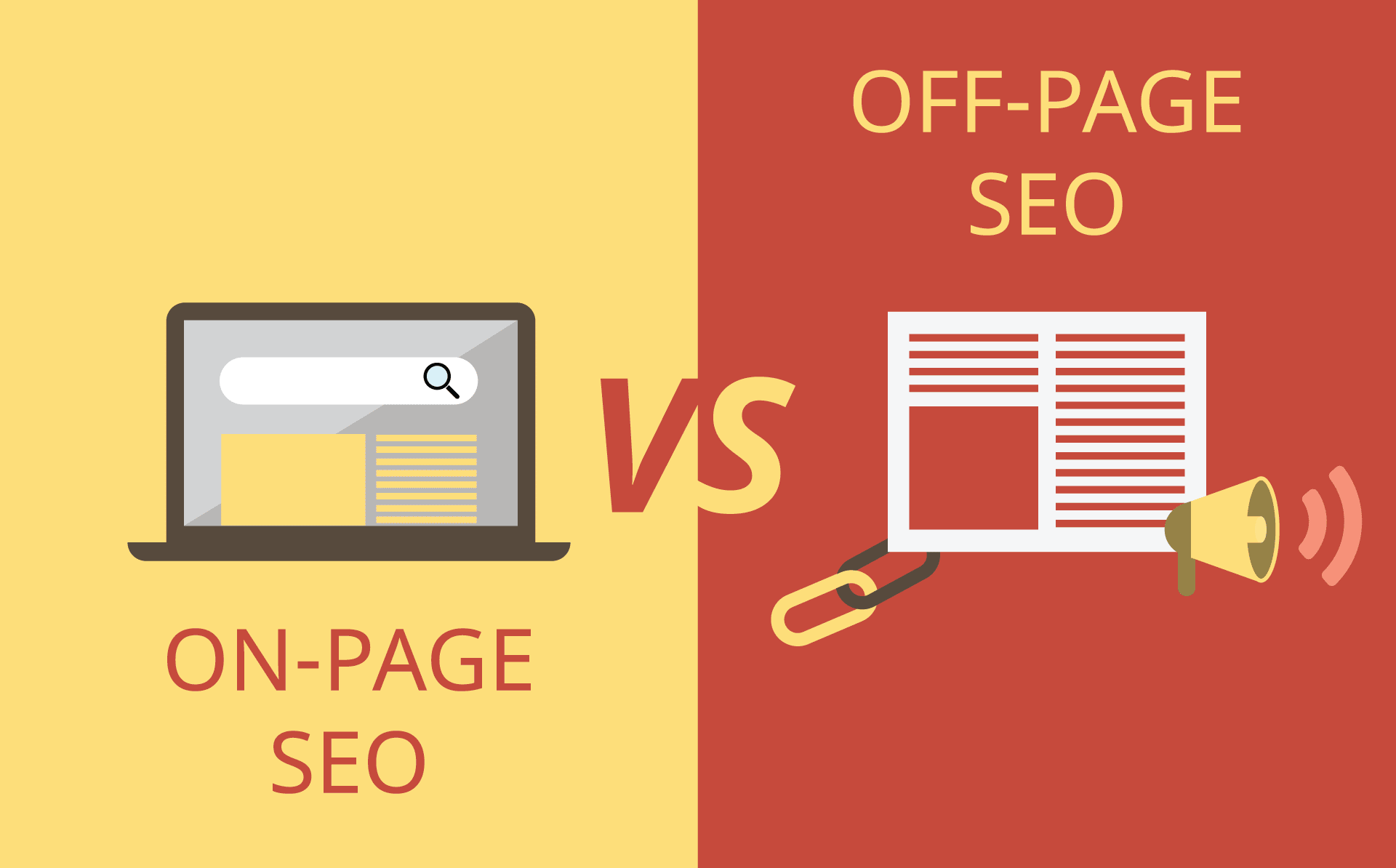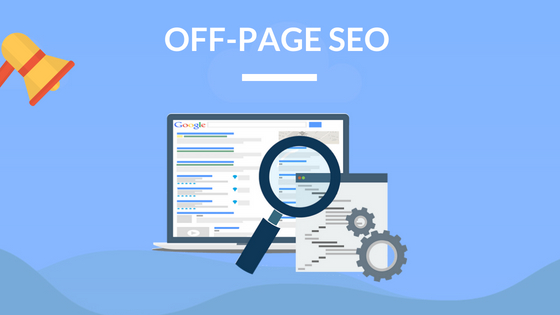What Is Off-Page SEO?
Off-page SEO refers to the activities and strategies implemented outside of your website to improve its search engine rankings and increase its visibility. Unlike on-page SEO, which focuses on optimizing elements within your website, off-page SEO primarily revolves around building your website’s authority, credibility, and reputation across the internet.
Off-page SEO techniques primarily involve acquiring high-quality backlinks from other websites, as search engines consider backlinks as a vote of confidence and authority. However, off-page SEO encompasses more than just link building. It also includes activities such as social media engagement, online reputation management, content marketing, influencer collaborations, and more.
The goal of off-page SEO is to demonstrate to search engines that your website is trustworthy, relevant, and valuable to users. By implementing effective off-page SEO strategies, you can improve your website’s visibility in search engine results pages (SERPs), attract more organic traffic, and ultimately enhance your online presence.
Improving your site’s perception in terms of quality, authority, popularity, etc. is a major component of off-page SEO. This consists of, but is not restricted to:

What Differences Off-Page SEO from On-Page SEO?
Although they both have the potential to increase search engine visibility, off-page and on-page SEO differs significantly in a few important ways. As one might anticipate, on-page SEO describes the steps you take to optimize your website on its own page.
This involves:
- Internal Connection
- Image Enhancement
- Using Keywords
- Metadata and Title Optimization
You have total control over on-page SEO, which is another way that off-page SEO differs from it. Making straight edits to your website is known as on-page SEO, and you can do this whenever you choose. Conversely, off-page SEO entails contacting other blogs and requesting that they post a link to your website.
Why Is Off-Page SEO Important?
Because it can affect how highly your website ranks in search engine results, off-page SEO is crucial. Backlinks and other off-site signals are taken into consideration by Google’s algorithm when determining which websites to show relevant searchers. Among these signals are:
- Content’s value and relevance (how well it reflects the user’s intent)
- Link text
- Social cues
- Brand references
- Domain authority referral
By incorporating off-page SEO into your optimization strategy, you can improve your site’s traffic, engagement, and conversion rates. It can also assist you in expanding your audience and increasing brand recognition.
How to Do Off-Page SEO
- Build High-Quality Backlinks: Focus on acquiring backlinks from reputable and relevant websites. This can be done through guest blogging, creating valuable content that others want to link to, reaching out to influencers or industry experts for collaborations, and participating in relevant forums or communities.
- Social Media Engagement: Actively engage with your audience on social media platforms. Share your content, participate in discussions, respond to comments and messages, and build relationships with influencers and industry leaders. This can help increase your brand visibility, attract more followers, and drive traffic to your website.
- Online Reputation Management: Monitor and manage your online reputation by responding to customer reviews, addressing complaints or concerns promptly, and maintaining a positive online presence. This can help build trust and credibility for your brand.
- Content Marketing: Create high-quality, valuable, and shareable content that resonates with your target audience. This can include blog posts, articles, infographics, videos, and more. Promote your content through social media, email marketing, and outreach to relevant websites or influencers to increase its visibility and attract backlinks.
- Influencer Collaborations: Collaborate with influencers or industry experts to create content, co-host webinars or events, or participate in interviews. This can help expand your reach, tap into their audience, and gain credibility through association.
- Local SEO: If you have a local business, optimize your website for local search by creating and optimizing your Google My Business profile, getting listed in local directories, and encouraging customer reviews.
- Monitor and Analyze: Regularly monitor your off-page SEO efforts using tools like Google Analytics and search engine ranking trackers. Analyze the impact of your strategies, identify areas for improvement, and adjust your approach accordingly.
Remember, off-page SEO is a long-term process that requires consistent effort and patience. Focus on building genuine relationships, creating valuable content, and providing a positive user experience. Avoid spammy or manipulative tactics that can harm your website’s reputation. By implementing effective off-page SEO techniques, you can improve your website’s visibility, authority, and ultimately drive more organic traffic and business success.
Conclusion
Off-page SEO strategies play a crucial role in improving the authority of your website. By focusing on building high-quality backlinks, engaging with your audience on social media, managing your online reputation, implementing content marketing, collaborating with influencers, optimizing for local SEO, and monitoring your efforts, you can enhance your website’s authority and credibility. These strategies help search engines recognize the relevance and trustworthiness of your site, leading to improved search engine rankings, increased visibility, and sustainable long-term growth. Remember to prioritize quality, relevance, and natural growth in your off-page SEO efforts, avoiding spammy or manipulative tactics. By investing in these strategies, you can establish your website as a trusted resource, attract more organic traffic, and achieve greater success in your online endeavors.
